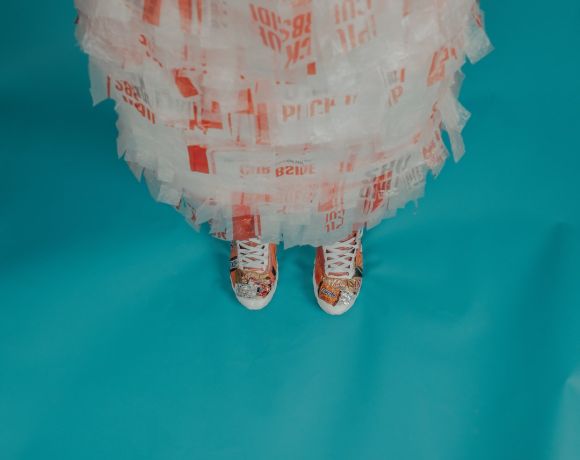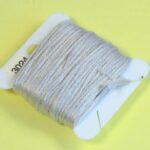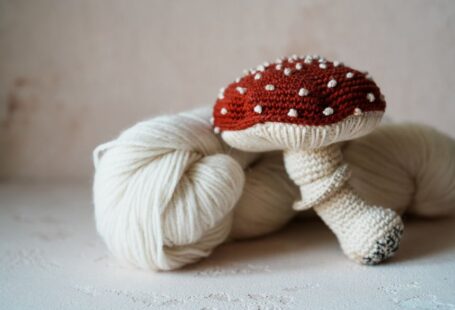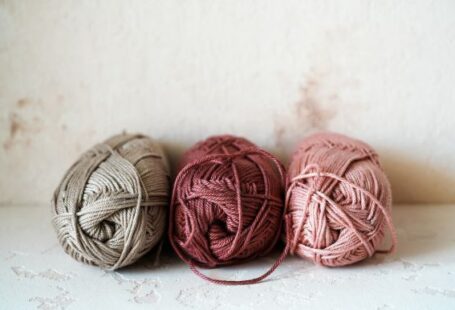In recent years, the fashion industry has witnessed a growing interest in sustainable and eco-friendly practices. Consumers are becoming more conscious of the impact their choices have on the environment, and this has led to a rise in demand for sustainable products, including yarn. Luckily, there are now a variety of eco-friendly yarn options available, made from organic and recycled fibers. Let’s delve into these options and discover how they contribute to a greener future.
Organic Yarns: A Natural Choice
Organic yarns are made from fibers that are grown without the use of harmful chemicals or pesticides. This means that the plants used to produce these fibers are cultivated using sustainable farming practices. Organic cotton, for example, is grown without the use of synthetic fertilizers or genetically modified seeds. It is a great option for those looking for a soft and breathable yarn that is gentle on the skin.
Another popular organic fiber is bamboo. Bamboo yarn is made from the pulp of bamboo grass, which grows rapidly and requires minimal water. It is a renewable resource that does not require the use of pesticides or fertilizers. Bamboo yarn has a silky texture and is naturally antibacterial, making it an excellent choice for baby garments or sensitive skin.
Hemp yarn is another organic option that is gaining popularity. Hemp is a fast-growing plant that requires little water and no pesticides. It is a durable and versatile fiber that can be blended with other fibers such as cotton or silk to create unique textures and colors. Hemp yarn is ideal for creating sturdy garments and accessories that will stand the test of time.
Recycled Yarns: Giving New Life to Old Fibers
Recycled yarns are made from pre-consumer or post-consumer waste, reducing the need for new raw materials. Pre-consumer waste refers to materials that have not been used by consumers, such as factory scraps or leftover yarn from production. Post-consumer waste, on the other hand, includes items that have been used by consumers and then recycled, such as plastic bottles or old clothing.
One popular type of recycled yarn is made from recycled cotton. This yarn is created by shredding leftover cotton scraps and blending them with a small amount of virgin cotton to create a new yarn. Recycled cotton yarn has a unique texture and color variation, making it perfect for adding a touch of character to your projects.
Recycled polyester yarn is another eco-friendly option. It is made from recycled plastic bottles that have been melted down and spun into yarn. This process helps to reduce the amount of plastic waste that ends up in landfills or oceans. Recycled polyester yarn is durable, easy to care for, and comes in a wide range of colors and textures.
A Greener Future: Supporting Sustainable Practices
By choosing eco-friendly yarn options, we can support sustainable practices and reduce our carbon footprint. Organic and recycled yarns not only help to conserve resources and minimize waste but also promote fair trade and ethical production. When purchasing yarn, look for certifications such as the Global Organic Textile Standard (GOTS) or the Fair Trade label to ensure that your yarn has been produced in an environmentally and socially responsible manner.
In conclusion, the availability of organic and recycled yarn options has made it easier than ever to create beautiful and sustainable projects. Whether you opt for the softness of organic cotton, the silky texture of bamboo, or the durability of recycled polyester, there is a yarn out there to suit your needs. By choosing eco-friendly yarns, we can make a positive impact on the environment and contribute to a greener future. So, let’s pick up our needles and crochet hooks and create something beautiful while staying mindful of the world around us.





